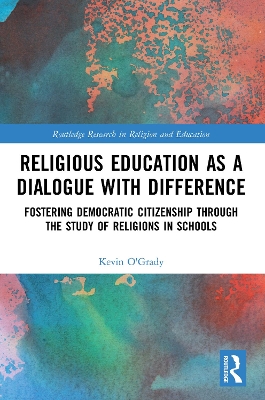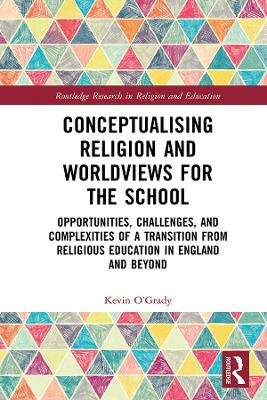Routledge Research in Religion and Education
2 total works
Religious Education as a Dialogue with Difference addresses current issues over the study of religion in publicly maintained schools. Are liberal, inclusive approaches to the study of religion suited to the aims of education in a democracy? Do liberal democratic aims offer the right framework for the study of religion? By presenting research on English secondary school pupils' motivation in religious education, this volume argues that religious education is best understood as a democratic dialogue with difference. The book offers empirical evidence for this claim, and it demonstrates how learners gain in religious literacy, both through the exercise of democratic citizenship in the classroom and towards the goal of life-long democratic citizenship.
This timely volume addresses current debates surrounding the transition from the teaching of religious education (RE) to the more holistic subject of Religion and Worldviews (R&W) in England, and posits criteria for best practice among educators in varied settings and in a broader international context.
By examining empirical sources, governmental reports, and in particular the 2018 final report from the Commission on Religious Education (CORE), the volume suggests key principles needed to guide the transition and ensure that R&W is effectively integrated into curricula, pedagogy, and teaching resources to meet the needs of all student groups. By effectively conceptualising R&W, the volume gives particular attention to the intersections of the subject with democratic citizenship education, intercultural competence, and religious literacy.
This text will benefit researchers, academics, and educators with an interest in religious education and teacher education as well as the philosophy and sociology of education more broadly. Those interested in education policy and politics, as well as citizenship and schooling in the UK, will also benefit from this volume.

